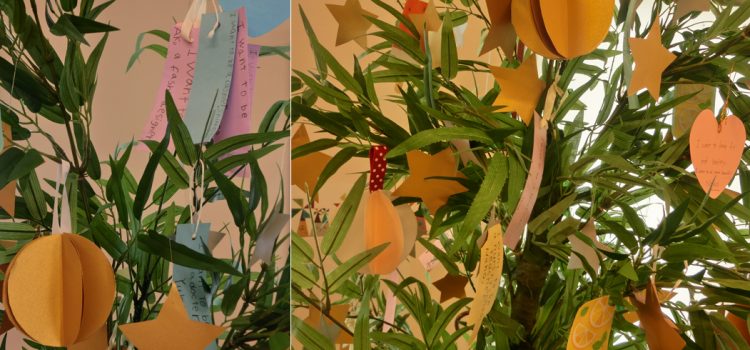One very important difference between British and American English that Japanese people need to learn is how we number the floors of a building. Like in Japan, in America the ground level floor (地面と同じレベルの階) of a building is called the
British English – Floors


